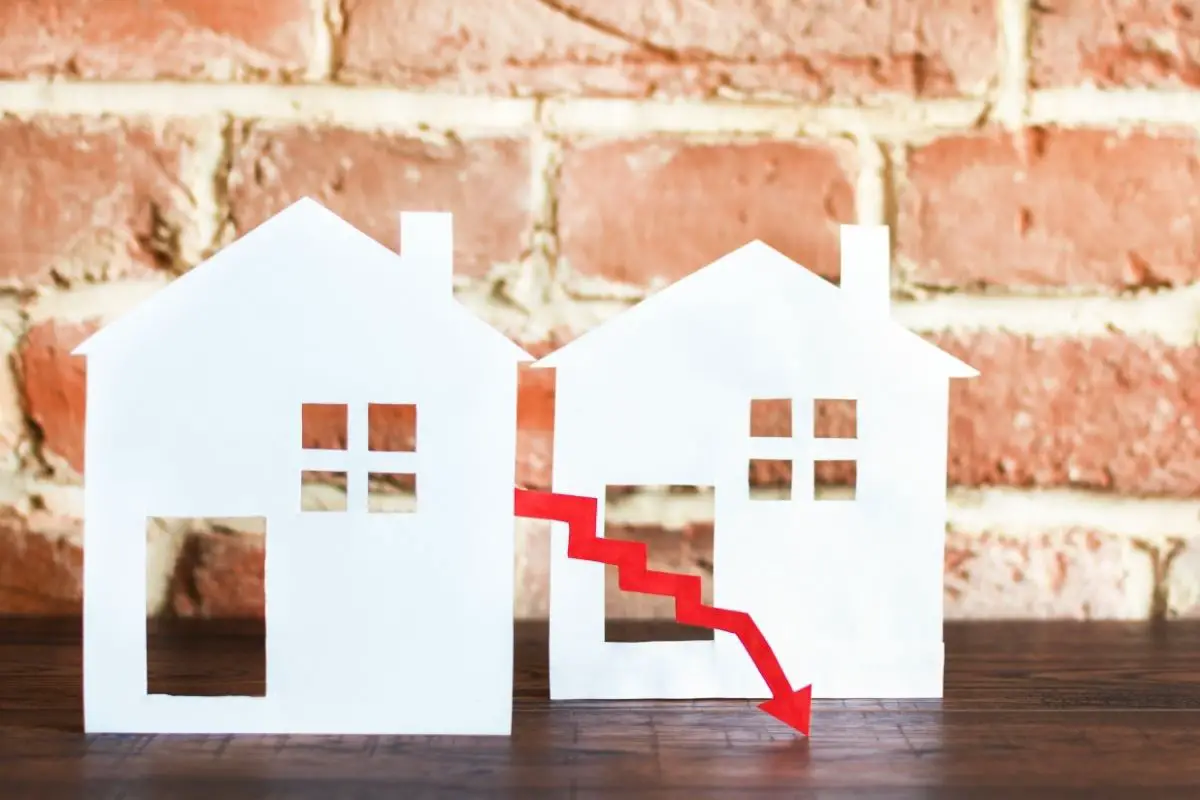An estimated 10 million Americans earn income from rental properties each year. Renting out private property is a great way to generate additional income, but it must be done correctly.

Unfortunately, too many landlords rent out sub-par housing to their tenants and reap extortionate profits, giving landlords the world over a pretty bleak reputation.
Some landlords bend the rules and play the system, making tenants wonder just how accountable they really are. Ever wondered if landlords pay tax on their rentable income?
Well, if they’re running their rental property business legally, they’ll have to. However, it’s not as straightforward as you might think.
Thinking of becoming a landlord yourself, or want to learn more about taxing rental property income? Keep reading to find out just how much tax landlords have to pay on rent.
Contents
How Is Rental Income Taxed?
In the U.S, landlords will need to pay tax on their rental income. Rental income tax is applicable on any property they own and rent to tenants for more than 15 days per annum.
According to the IRS, a rental property can be a mobile home, vacation home, apartment, single house, or condominium.
Any money that you earn from your rental property will be taxed as regular income on your tax return. However, rental income tax can be a lot more complicated than this.
That’s why plenty of real estate investors are able to own millions of dollars worth of real estate and not pay anything in tax. Believe it or not, this is legal.
As long as you follow the rules the IRS sets out for renting out a property, it’s possible to own investment property that gives you a dependable income each month while still reporting a loss on your tax return.
Rental Income And Expenses: How To Calculate Them
Before we discuss how to calculate your rental income and expenses, know that there are various forms of rental income your property could have. These rental income can include.
- A fraction of a security deposit that you don’t give back to the tenant (for example, if damage is caused to the property)
- Additional monthly rental payments, including parking fees or pet fees
- Regular rental payments
- Rent paid in advance (such as first and last month’s rent)
- Expenses paid by the tenant instead of their rent, such as expenses for landscaping
Any refundable income (such as a refundable security deposit) isn’t considered to be income because it will be returned. These types of refundable income will usually appear as short-term liabilities on your rental balance.
However, if for whatever reason you end up keeping a fraction (or all) of a security deposit or other refundable income, it will become rental income that can be taxed.
Now, we can begin calculating rental income and expenses. Several expense reductions can be subtracted from the income you’ve collected from your rental property throughout the year. These can include:
- Insurance costs
- Landscaping fees
- Rental or sales taxes
- Property taxes
- Utilities like water and trash
- Leasing fees or property management fees
- Costs associated with maintenance, repair, and cleaning
- Mortgage interest
- Fees for legal services and professionals
You can subtract these from your rental income when you’ve figured out what expense reductions are applicable. This will give you the total amount of taxable income before depreciation.
For example, if you collected $30,000 a year in gross rental income and your expenses totaled $7500, your taxable income before depreciation would be $22,500.
What Is Depreciation?
Depreciation is essentially the recovery of the cost of your property over a period of time. You can deduct a portion of this cost each year until you’ve fully recovered the expense.

In the U.S, most rental properties are depreciated at a figure of 3.636% every year for 27.5 years. It should be noted that land cannot be depreciated, only buildings.
Let’s take a look at an example. If you paid $200,000 for a rental home, and your land was worth $30,000, you would pay a depreciation deduction of $3,636.36 a year. Because the land never wears out, it isn’t counted as depreciation.
The amount of taxable income before depreciation is around $10,000. So, you’ll have to deduct the depreciation expense from this, leaving you with $6,363.64 taxable income after depreciation.
This expense will reduce the amount of tax you pay in general. Depending on your tax bracket, this can be as much as $1000 dollars. So, although landlords will still be taxed, the depreciation gives them a slight reduction.
Often, landlords will use the money saved from depreciation to reinvest in more real estate.
How Is Rental Income Reported On A Tax Return?
You’ll usually use the Schedule E: Supplemental Income and Loss, Form 1040 or 1040-SR to report any income or losses accrued from your rental property. Form 4562 is also required to report depreciation expenses or depletion.
Thorough records of your rental property should be maintained, detailing expense receipts, financial statements, and rent checks. Make sure to include any additional expenses such as tax planning fees.
Keeping thorough records makes it easier for landlords to claim the deductions they’re entitled to, and it’ll help you prove to the IRS that your rental business is being run in a professional manner.
The Bottom Line
Rental income isn’t allowed to slip through the net without being taxed.
In the U.S, the IRS has strict guidelines that must be followed, and each and every landlord SHOULD be paying tax on rent, as long as the property is being leased out for more than fifteen days a year.
The amount of tax paid on rental income can be expensive, depending on the tax bracket a landlord falls into. However, deductions do exist (such as depreciation), which can reduce the amount of tax landlords need to pay each year.
More information on tax brackets and depreciation levels can be sourced through the IRS.





